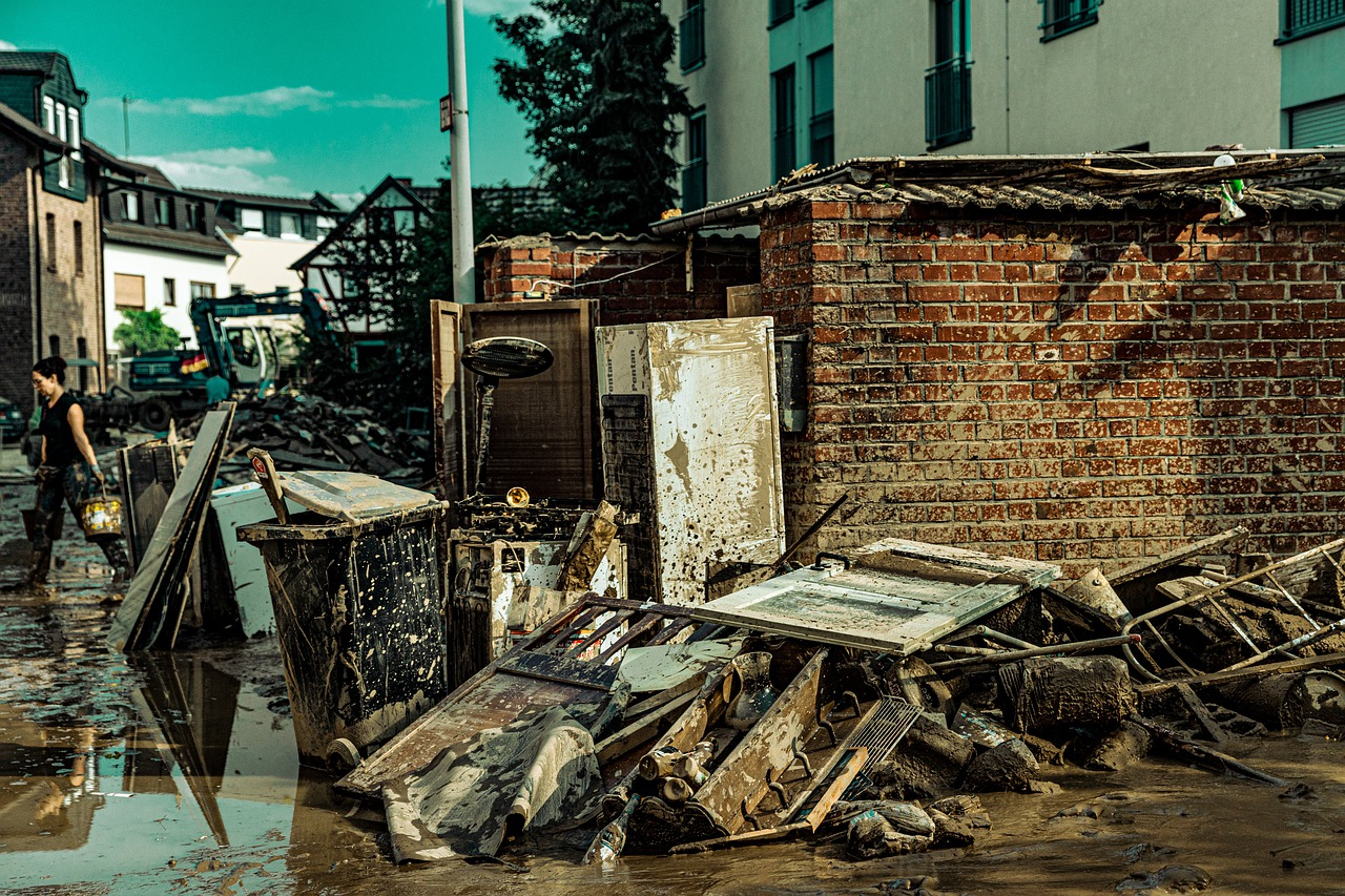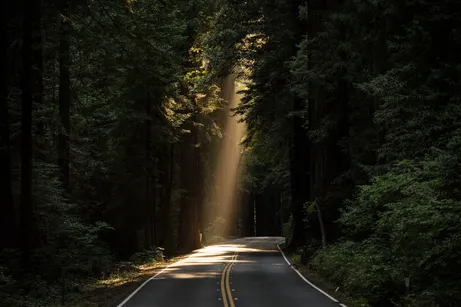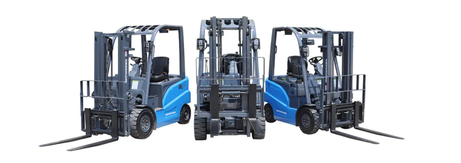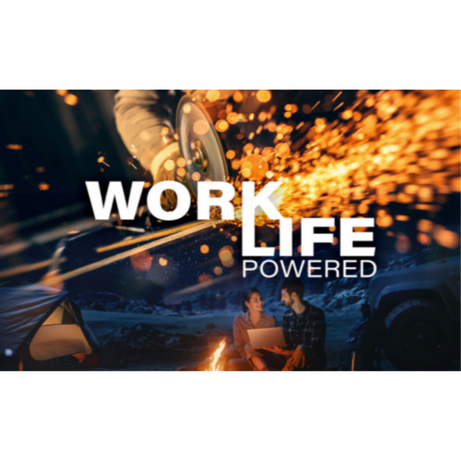
A Staple in Automotive Accessories Could Become Essential During Natural Disasters
Previously Published to Benzinga: The following post was written and/or published as a collaboration between Benzinga’s in-house sponsored content team and a financial partner of Benzinga.
From earthquakes to hurricanes, volcano eruptions and international wildfires, flooding and freezing — natural disasters seem to be becoming more frequent and devastating.
Some scientists point to climate change as a primary factor. Others point to natural cycles the Earth goes through all happening at once. And at the end of the day, it all affects how we’re living around the globe.
The Sad Truth of Natural Disasters and the Reliance on Power
In 2004, 4 major hurricanes hit Central Florida in a matter of 6 weeks. Hurricane Charley left places that rarely face trauma without power for more than a month. Grocery stores like Albertsons (NYSE: ACI) and Winn-Dixie lost valuable food supplies, and several gas stations failed to pump fuel.
For places with power, lines of non-customers crowded to charge cellphones and computers. Others flocked to local hotels just to take a warm shower.

Image by Cheyenne Reeves from Pixabay
Last July and August 2020, the Bahamas faced devastating damage to tourist areas of the island, which previously underwent a mutiny of travel bans by world governments, Carnival Corporation (NYSE: CCL) and the Royal Caribbean (NYSE: RCL). Water rose above the rooftops with people livestreaming for help until their batteries died.
Before and since then, numerous other disasters and calamities have occured, with power sometimes making the difference for many people. And, let’s not forget parts of the modern world still have no electricity whatsoever, no running water and no way to communicate.
However, mitigating solutions exist. Despite all these disasters, the 2021 power outage in Texas might have been remedied and lives saved during a massive winter freeze. Likewise, residents in New York could have remained cool during the 2003 blackout amidst a heatwave. In addition, third-world countries may no longer need to rely on faulty lines to stay continually connected.
Killing Two Birds with One Stone
Enter the TerraVis by Worksport, Ltd. (NASDAQ: WKSP)(NASDAQ: WKSPW) — a company known primarily for its world-class truck bed covers — that is now providing solutions within the alternative energy sector.
The TerraVis Solis is a solar-powered tonneau, custom-fitted for standard and long-range electric vehicles (EVs) and trucks with a technology so strong it can power entire communities and job sites in rural and underdeveloped areas. The company is focused on sustainability and committed to bringing green energy to those who need it most.
Designed not only for EV trucks and semis, these innovative automotive accessories and solar truck bed covers will also fit traditional powerhouse vehicles by Ford (NYSE: F), Stellantis (NYSE: STLA) and General Motors (NYSE: GM) and can be used to charge its cornerstone COR battery system — strong enough to fully power a micro-grid in as little as 6 hours.
Worksport Brings Back Power
Every year, a number of Americans go without power during the coldest months. It’s worse in rural areas, where all it takes is 1 power line to knock out connectivity to an entire power grid. Food spoils when there’s no power, and people go hungry; some have frozen to death.
In the case of a natural disaster, Worksport provides a solution for the world to continue keeping its food cold and free of bacteria, using medical devices and machinery, powering its cell phones in case of additional emergency, allowing us to mark ourselves safe on Facebook (NASDAQ: FB) and, of course, using Google (NASDAQ: GOOGL) to search for information in any unexpected event.
Likewise, Worksport is doing its part to ward off climate change, reduce the carbon footprint and help automotive partners completely do away with fossil fuels and emissions. When off-grid power struggles keep long-distance trips off the radar for EVs, Worksport provides a means for drivers to stay powered.
The company plans to expand in the next few years, partnering with service stations across North America and providing quick-charge power grids in places that generally don’t have electric charging.
While the actual product won’t be released until mid-2022, there’s a limited supply and demand is huge, but you can preorder your TerraVis system today. For more about the TerraVis, NPEV and COR battery units, visit https://www.worksport.com today.
The preceding post was written and/or published as a collaboration between Benzinga’s in-house sponsored content team and a financial partner of Benzinga. Although the piece is not and should not be construed as editorial content, the sponsored content team works to ensure that any and all information contained within is true and accurate to the best of their knowledge and research. The content that follows is for informational purposes only and not intended to be investing advice.
The author of this article owns shares in one or more of the stocks mentioned.



